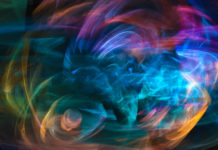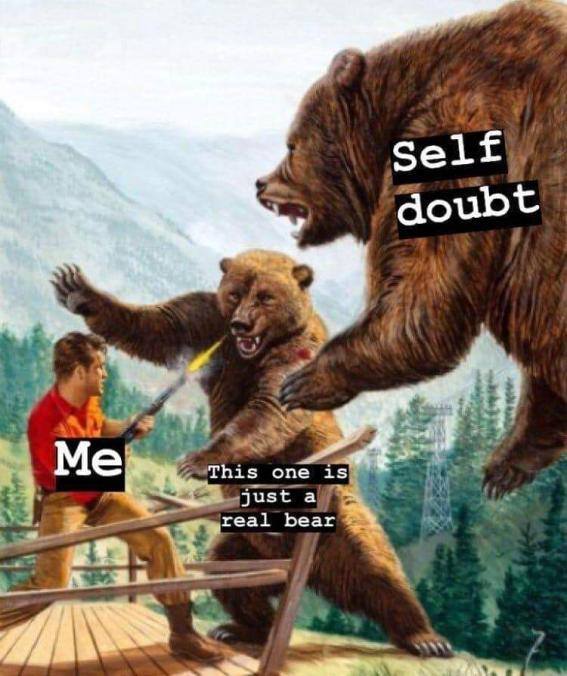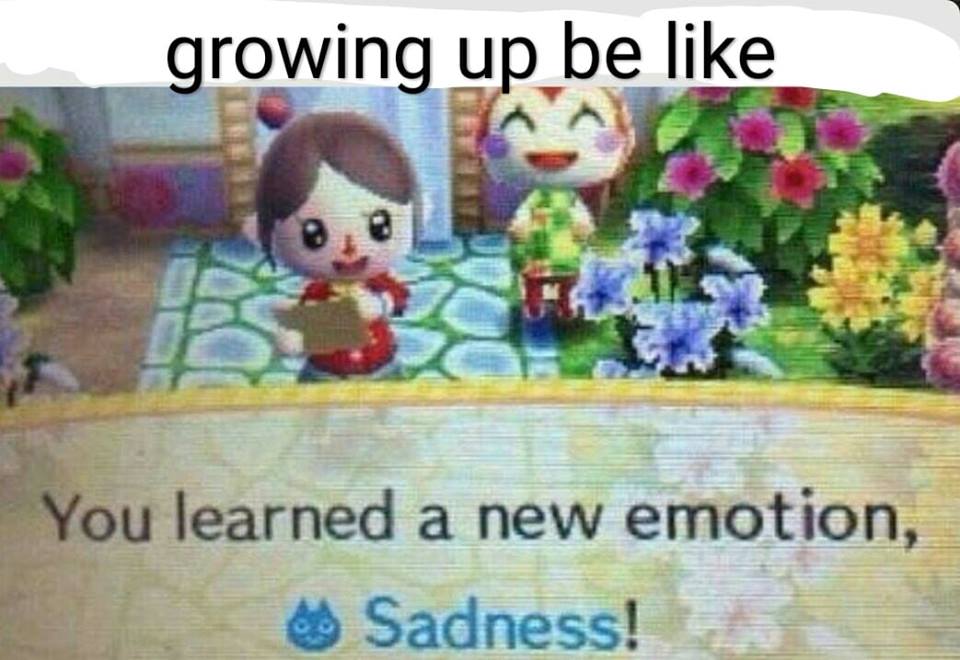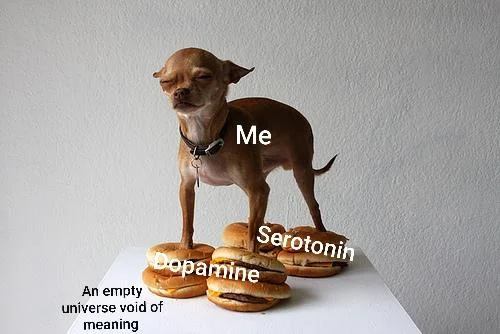A mix of circumstances has made, us millennials, uncertain, sad, and anxious about our current state and future. But that, somehow, also gave us a rather odd humor. A humor so dark and bizarre that only generations living after pretty bad events in history, such as World War I have had. Let’s see who even are millennials; what hurt us so bad; other generations with a weird humor; the pillars of millennial humor; memes; and how brands are exploiting all of this.
Who are millennials? What affects our sense of humor?
Millennials are the generation that was born between 1980 and 2000. We are the first “digital native” generation. In addition, we saw the birth of iPods, iPhones, and social media networks. We lived through the “Disney Decade” and watched MTV in the 1990s and early 2000s. Globalization is a normal (and integral) part of our lives.

At the same time, though, we’re much more hopeless and uncertain about the future than the generation before us. Although we grew up with Disney and MTV, we also witnessed 9/11. We saw the very first iPhone launch, but also underwent the 2008 financial crisis. We’re more politically and religiously dissatisfied than young adults were 25 years ago. American millennials have at least 300% more student debt than their parents but are half as likely to ever own a house. Oh, and to add to the uncertainty, climate change, an issue we partially inherited from previous generations will be pretty much irreversible by 2040 (so, cheers for that, Boomers).
Our way of seeing the world and sense of humor are the product of all the aforementioned circumstances. We are fearful, disillusioned, and anxious. And instead of searching for meaning or certainty, we tend to play and joke with our rather miserable emotions.
Dadaism and Absurdist Humor. How do they relate to millennials?
We are certainly not the first generation that uses humor to deal with uncertainty and an overwhelming political, social, and economic climate. After World War I, a group of European leftists started rejecting the conventional notions of art and exchanged the aestheticism of warmongering for absurdity and irrationality. This movement was called Dadaism. It served as an attempt to express people’s frustration regarding the world after the war.
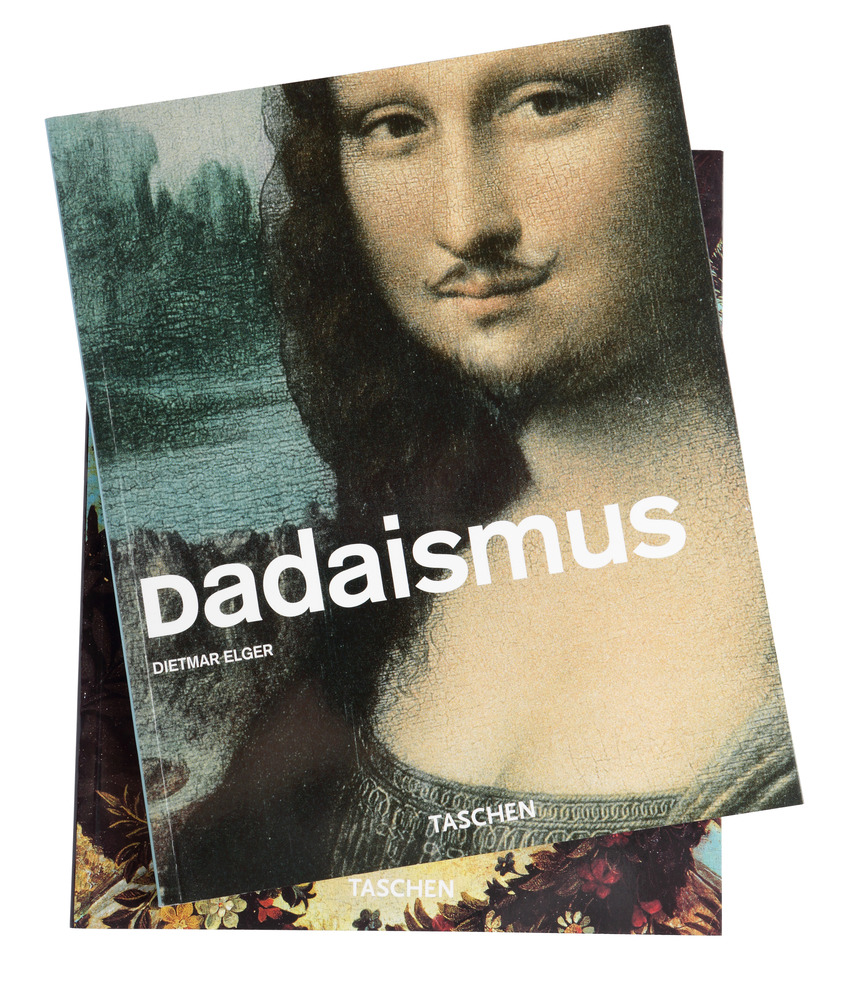
Interestingly enough, another movement, called Neo-Dadaism was born after the Cold War. Neo-Dadaism was a response to the consumer culture and mass media of the 1950s and 1960s. It used non-traditional audiovisual manifestations and popular imagery with an absurdist contrast to both mock and celebrate consumer culture.
Millennials still use absurdist humor to express how disillusioned we are when it comes to the state of the world. Absurdist millennial humor is primarily shared on the internet, which allows interactivity on different platforms and collaboration amongst different users. This can include the creation and sharing of bizarre, ironic, or obscure memes (we’ll get into that later in the article).
The “Pillars” of Millennial Sense of Humor
Marla Tabaka, from inc.com, brilliantly summarized three characteristics that could be seen as integral parts of the millennial sense of humor. These are:
- Absurdity: The kind of stuff millennials find funny might seem completely senseless to other generations. As previously mentioned, we enjoy absurdist humor because of the escapism and freedom of expression regarding frustration it helps us achieve. What we share and create online might be bizarre and ridiculous, but it’s not as bad as real life.
- Universality: According to Tabaka’s conclusions, people can look at a specific picture or expression in a meme and immediately understand and relate to what the author is trying to express. She also says this creates a sense of community amongst the “meme-viewers”, even if they do not personally know each other. We enjoy relating to other people’s lives, even if we have never met the other people.
- Self-deprecation: According to the author, we have embraced self-deprecation because it helps us to relate with the people we’re interacting with. Self-deprecation is also usually communicated using memes.
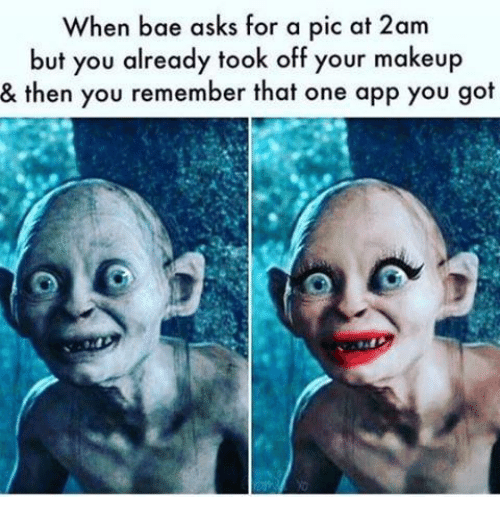
Tabaka uses the following example to show the three “pillars”: a meme showing two photos of Gollum, from Lord of the Rings. One is a “normal” Gollum, and the other one shows Gollum with eyeliner and red lipstick. Above the photo there is a text saying “When bae asks for a pic at 2am but you already took your makeup off and then you remember that one app you got”. She states the whole thing is absurd because we do not look like Gollum. It’s universal because most of us want to look good. Lastly, it is self-depreciating because of the implication we look like Gollum in the first place.
Here’s yet another example:
Memes, lol
Millennials are very used to the internet and most of our “culture” comes from it. The internet’s ability to nurture collaboration makes it the perfect place for displaying our sense of humor and the maximum expression of our sense of humor online are memes.
A meme, according to the Oxford Dictionary, is “an image, video, piece of text, etc., typically humorous in nature, that is copied and spread rapidly by Internet users, often with slight variations”. The concept of internet memes first started to become popular in the 1990s. However, an article published by the BBC states that it wasn’t until the mid 2000s (2007/2008, to be more specific) that memes started portraying the reality and frustration millennials deal with. The mid 2000s were key because of the 2008 financial crisis. Memes became an outlet for millennials to express their insecurities during the time. They allowed users to share their thoughts and worries with others and get a response almost immediately. Before this, memes mainly consisted of puns and images of cute animals (i.e. cats).
Here’s some examples of those thoughts and worries (all in the form of tweets):
Exploiting the millennial sense of humor
Interestingly, and perhaps also obviously, marketers are now targeting millennials, the current largest consumer group in the US, with humor (and thus memes)… after all, if they want millennials to listen and establish relationships with them, they’ll have to speak their language. An example is Wendy’s (the fast food chain) on Twitter, which has become famous for its savage tweets and on-point jokes:
When done correctly, using memes in advertising can be very effective. Advertisers need to be aware of the latest trends and should always avoid being too “over-promotional”. In addition, any content must be actually be funny and advertisers must always make sure they fully understand the meaning of any given meme.
In addition to advertising, companies have started exploiting the millennial humor in some less expected ways. An example is FuckJerry/Jerry Media. FuckJerry is an Instagram account that managed to grow into a production and marketing company named Jerry Media (they’ve been involved in a scandals including Fyre Festival, but that’s another story). The company released a card game called “What do you meme?”.
The game basically consists of a set of graphic cards with a popular meme each, and a deck of cards with some sort of phrase (i.e. caption cards). People then take turns to become the round’s judge. The judge places the graphic card in a small easel. Then, the rest of the players choose the caption card that they think better fits or complements the chosen meme. The judge then chooses the funniest card, and the person that played it wins the round. The game is an interesting experience. It basically summarizes most of the points shown in this article: millennial’s cynicism, how millennial humor is basically universal and how absurd and self-depreciating it is:
If you want to read more about memes (The Ugandan Chungus in specific), you can go here. In the meantime, enjoy this gallery (featuring images from “Casual Nihilism™” on Facebook):








